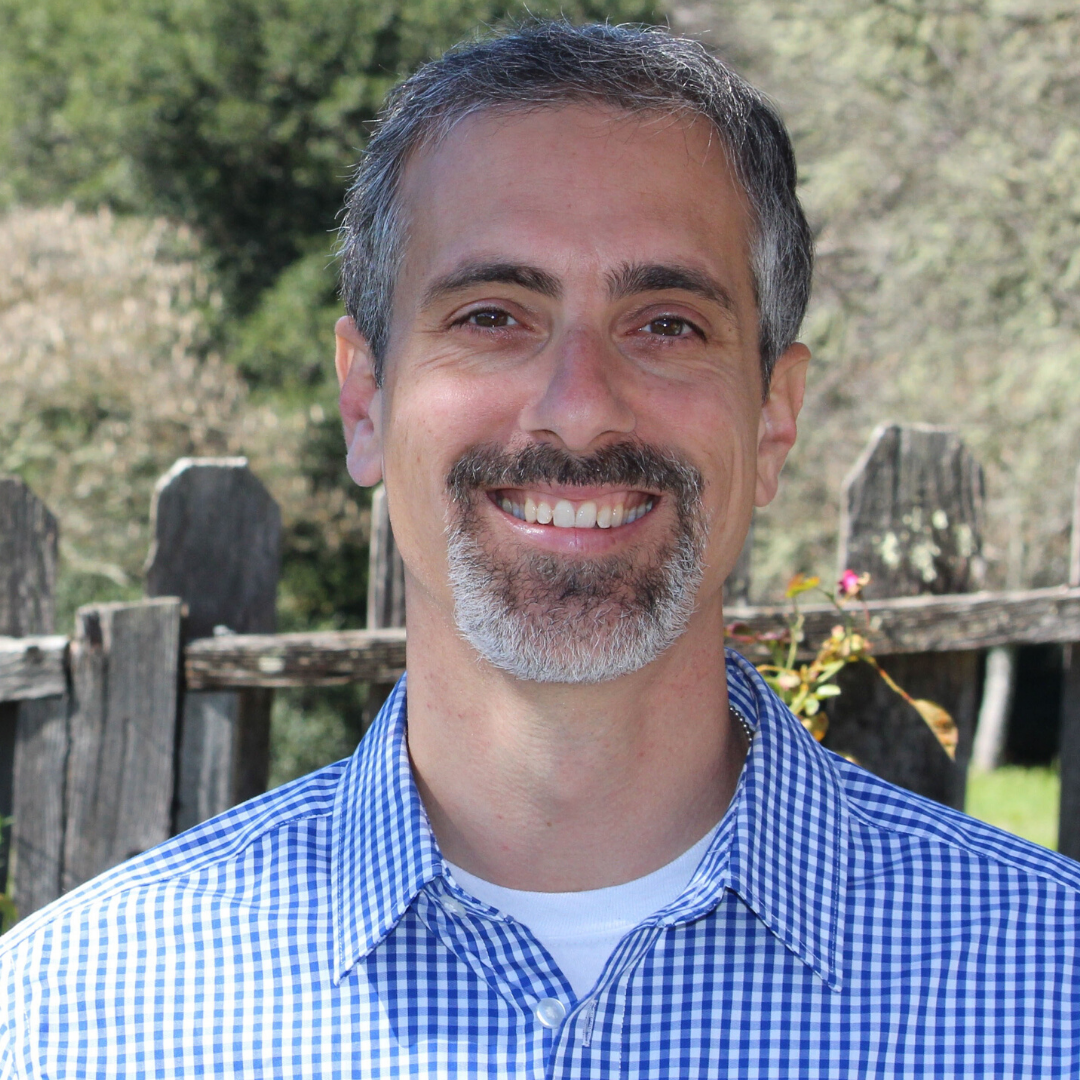The NARM Training, SPRING 2026, is co-sponsored by the Complex Trauma Training Center and The Institute for Continuing Education. The program offers 120.00 CE hours - 30.00 CE hrs. per Module. CE hours are awarded per Module with full attendance required for the Modules attended. Partial Module CE credit is not offered. There is no additional fee to submit application for continuing education credit. NARM, SPRING 2026, participants who wish to receive continuing education credit MUST complete CE forms and comply with attendance monitoring requirements.
NOTE: To receive continuing education credit, applicants are required to complete CE forms and comply with attendance monitoring requirements.
NOTE: It is the responsibility of the attendee to determine if CE credit offered by The Institute for Continuing Education meet the regulations of the participant’s licensing/certification board.
Questions: If you have questions regarding continuing education or for a listing of learning objectives, please contact The Institute at: 205-626-8044;
e-mail: instconted@aol.com.
Commercial Support: The Institute for Continuing Education receives no funds from any commercial organization for financial support of its activities in providing continuing education sponsorship of this training.
Psychology: Please note — the NARM Training, SPRING 2026, is not accredited by the American Psychological Association (APA) or the New York State Board of Psychology.
Counseling: The Institute for Continuing Education and Complex Trauma Center are co-sponsors of this training. This co-sponsorship has been approved by NBCC. The Institute for Continuing Education is an NBCC approved continuing education provider, ACEP 5643. The Institute for Continuing Education is solely responsible for this program, including the awarding of CE credit.
New York: The Institute for Continuing Education is recognized by the New York State Education Department's State Board for Mental Health Practitioners as an approved provider of continuing education for licensed mental health counselors. Provider MHC-0016.
Illinois Department of Professional Regulation, Provider 159-000606.
Social Work: This program has been approved for 30.00 CE hrs. per Module for social work continuing education hours for re-licensure, in accordance with 258 CMR, NASW-MA Chapter CE Approving Program. Authorizations: D-10525-1 /
D-10525-2/ D-10525-3/ D-10525-4.
New York: The Institute for Continuing Education is recognized by the New York State Education Department's State Board for Social Work as an approved provider of continuing education for licensed social workers. Provider No. SW-0025.
Florida Dept. Health, Division Social Work, MFT, Counseling, Provider 50-1998.
Illinois Department of Professional Regulation, Provider 159-000606.
Marriage/Family Therapy: The Institute for Continuing Education is a recognized provider of continuing education by the Florida Department of Health, Division of Marriage and Family Therapist, 50-1998.
New York The Institute for Continuing Education is recognized by the New York State Education Department's State Board for Mental Health Practitioners as an approved provider of continuing education for licensed marriage/family therapists, Provider MHC-0012.
California Professionals: The Institute for Continuing Education, Provider 56590, is approved by the California Association of Marriage and Family Therapists to sponsor continuing education for LMFTs, LCSWs, LPCCs. The Institute for Continuing Education maintains responsibility for this program and its content. This training meets the qualifications for continuing education credit for LMFTs, LCSWs, LPCC, as required by the California Board of Behavioral Sciences.
Nursing: The Institute for Continuing Education is an approved provider of continuing education in nursing by the California Board of Nursing, Provider CEP 12646. Nurses are responsible for checking with their state board to determine if credit issued through an approved provider of the CA Board of Nursing is acceptable by their state board.
Non-U.S. Professionals: The Institute for Continuing Education holds no CE provider status with Canadian or other Non-U.S. licensing/certification boards. It is your responsibility to check the regulations of your licensing/certification board to determine CE requirements for training activities.
Skill Level: Intermediate / Advanced.
Instruction Methodology: Didactic and theoretical learning to include lecture, question/answer periods, class-wide discussion, case examples and vignettes; deconstruction of live NARM demonstration sessions and demonstration videos.
Ethics Hours / Academic Credit: This training offers no “ethics hours”. The training offers no “academic” credit and CE hours awarded are not eligible toward fulfillment of a degree.


